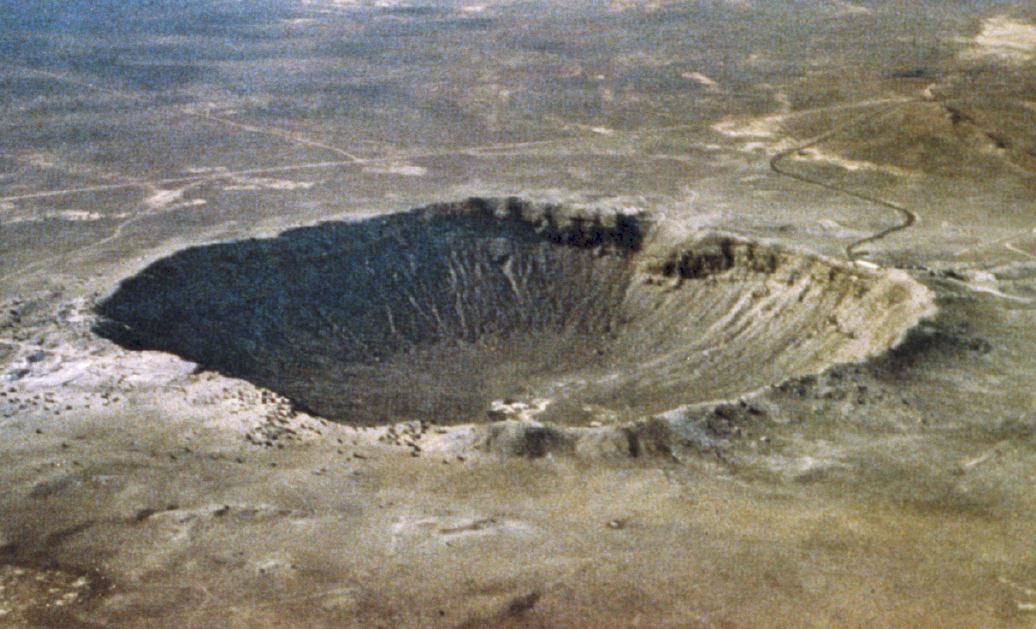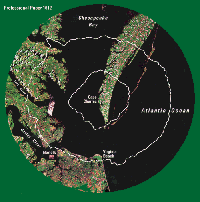"Astronomers are just as dumb as economists"

are not!
poopyhead!
and, anyway, at least we know how to spell asteroid... nah, nah.
from Economists Aren't More Stupid than Other Scientists
- wait: "Other Scientists"...?
Tee hee.

h/t CR
Oh, if we're going to be all serious and shit:
asteroids really truly do exist
we know asteroids hit in the past (cf The Moon)
we have seen significant planetesimal impacts in the current epoch (cf SL-9 on Jupiter)
we know asteroids will hit in the future
- aside: I spent an enjoyable dinner with an economist considering his rational estimate of what should be spent on asteroid impact detection and prevention, given the expectation value of the losses. Hint: the integral diverges if you try to work from marginal utility estimates.
we know what we need to do to find out what, when and where future impacts will occur
we have some idea of what would be required to avert future impacts
we think we understand bottom-up planet formation models well enough to semi-quantify likely major past impacts and their role in contingent final states for planet formation







So, don't trust economists and move to...... Greenland looks safe to me :)
Iceland looks safe from asteroids too, but it might not be safe from economists (at least not today).
Maybe move to New Zealand?
The known impact sites are heavily observer biased...
There actually was a probably sizable impact on Greenland a few years ago, but it was in winter and any surface crater had gone under the ice by the time a team go there
Nowhere is safe from economists.
Least of all Iceland.
I would think moving to Meteor Crater would work...what are the odds, right? :)
Actually since much of the solar system junk is broadly confined to a disk, and as the bitter business insider has pointed out we aren't merrily rolling along sideways like Uranus there probably is some mild advantage to rooming with the penguins. Someone please tell the economists to gather at the equator. At a prominent landmark (cf Hollywood)! Along with rating agencies, regulators, stupid lenders, stupid borrowers, ill informed investors... Oh never mind.
Greenland looks safe to me
Any impact sites in Greenland are buried under that ice sheet. It could be getting hammered as much as northern and western Australia, and we would have no way of knowing. Ditto Antarctica.
The immediate coast is probably not a great place to be, either. There is about twice as much ocean as dry land, and if a big rock splashes the displaced water would kick up a big wave (e.g., I wouldn't want to be anywhere south of I-10 when an asteroid drops into the Gulf of Mexico).
If the poles are safe, then why do collectors go to Antarctica every year to find meteorites?
the poles do get hit - there's a tiny geometrical correction but a) north pole is water
b) ice at the south pole reforms and erases large craters
c) small meteorites float up to the top of the ice where it pools and wind erodes the surface ice
since there is no other surface rock there, the hit rate for meteorites is high